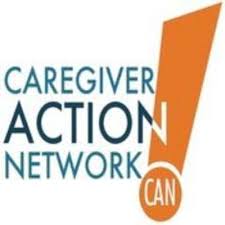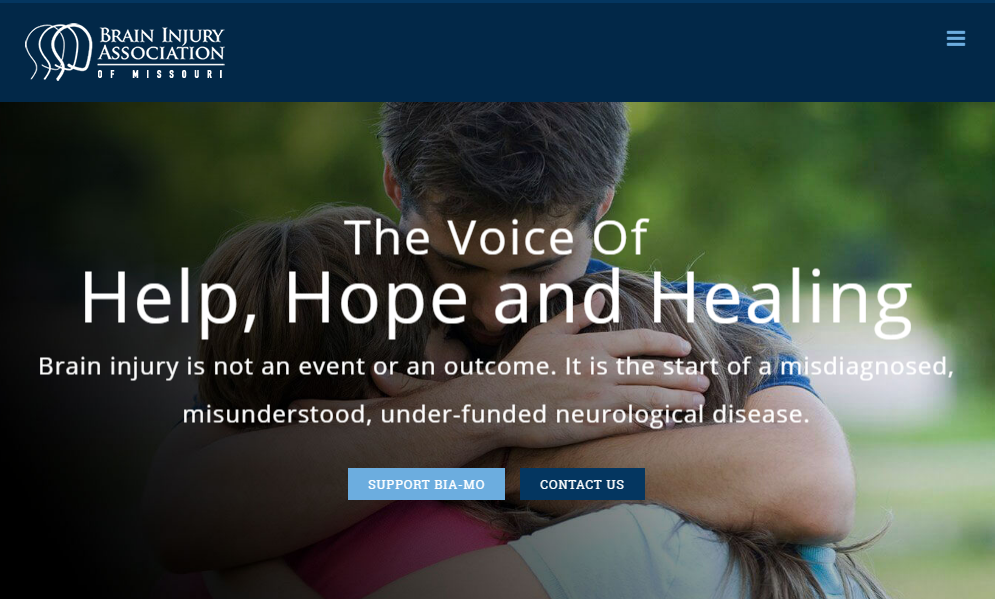Financial Resources Are Available For Life After Stroke
By Guest Blogger Staci Blinn, programs coordinator at the National Stroke Association
I work at the National Stroke Association helping design programs to promote stroke prevention and education. I also have been given the gift of working with stroke survivors and caregivers, connecting them with resources, and offering support.
I am routinely amazed by the strength, bravery and resilience that these individuals show. We receive calls, emails and letters every day from survivors looking for more information about stroke and life after stroke. Stroke can touch any aspect of life, and many people find themselves unprepared for the toll a stroke can take on their finances.
When people think about stroke, they largely focus on the effects it has on the mind and body. While post-stroke conditions can be devastating, struggling to make ends meet and an inability to pay for medical care can be just as detrimental to recovery.
The effect on finances is even more noticeable when looking at younger stroke survivors who have not yet retired. The rate of stroke in adults younger than 65 is rising at an alarming rate. This means we have more and more working people facing disability and an inability to work, causing extreme financial stress.
While some people are able to go back to their previous employment or find a new job, others cannot. Some are thrust into unknown territories, unsure of how to proceed. When a stroke survivor is thinking about going back to work, I direct them to our Return-to-Work webpage, which helps them consider many different options and find the choice that is right for them. Many other resources that support stroke survivors can be found online at www.stroke.org.
It is so important for people in this situation to reach out for help and to not give up. People may feel lost and depressed, and they may not know where to turn.
I encourage them to reach out for help. Call an organization such as the National Stroke Association that can point you in the right direction and can recommend places to get assistance.
Know that you are not alone—there are agencies to help you apply for Medicare, Medicaid, or find other insurance options. You can get help applying for Social Security Disability Insurance, or receive help from your state gaining new skills through vocational rehab.
Being thrust into financial distress due to an injury or illness is confusing and frightening. It can seem unfair that circumstances outside of your control are causing such distress. Remember that there are ways to get assistance, and the National Stroke Association is always here to provide information and resources.
Editor’s note: Join Staci and other patient resource advocates during the Allsup True Help® Web Event, True Help Claiming Power to Improve Your Finances, Oct. 20 at noon CST. Click here to register.
Allsup
Related Articles

Uncategorized
Helping Family Caregivers With What They Need to Know

Uncategorized
Understanding MS and Disability Benefits

Uncategorized
BIA-MO Gets Real about Brain Injury Awareness

